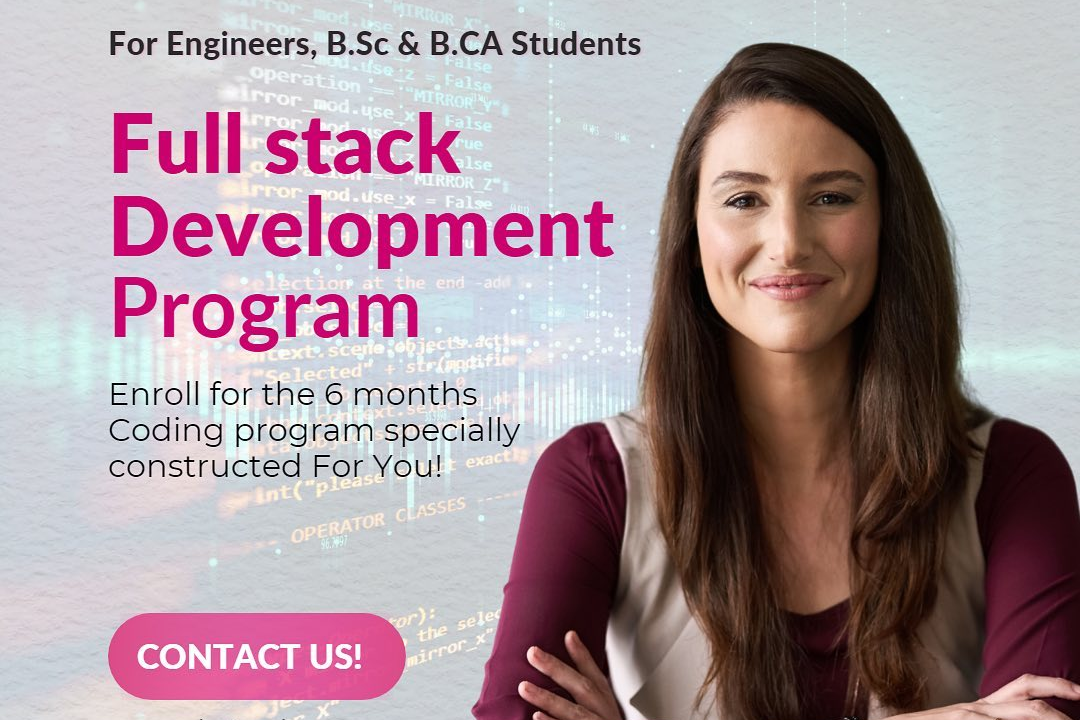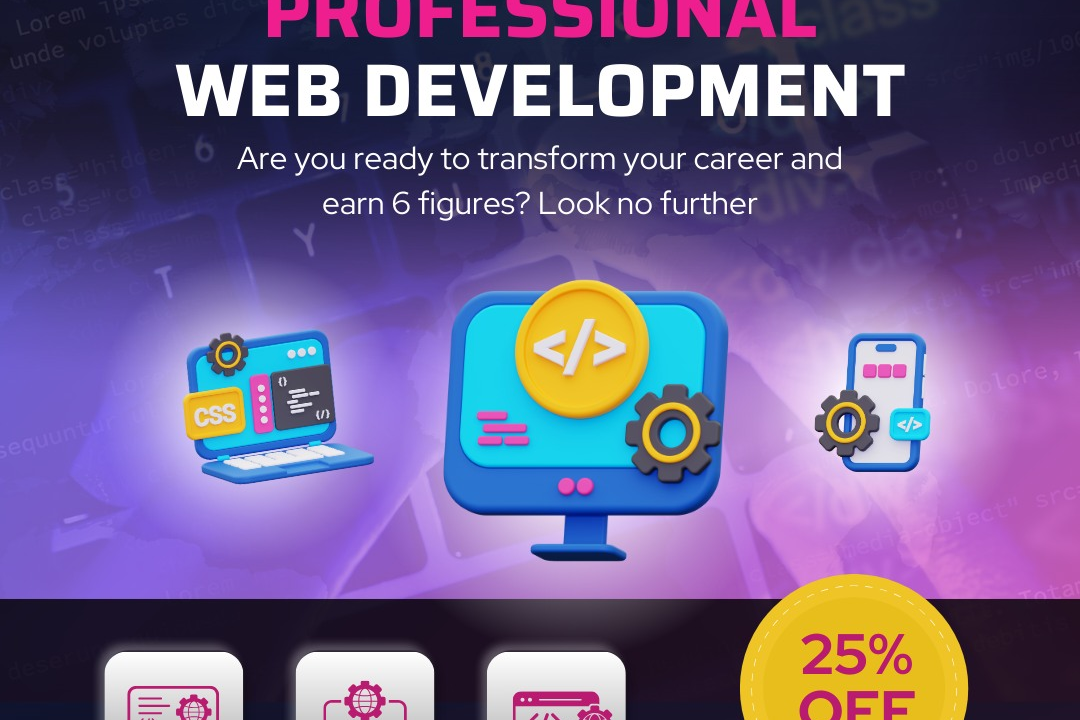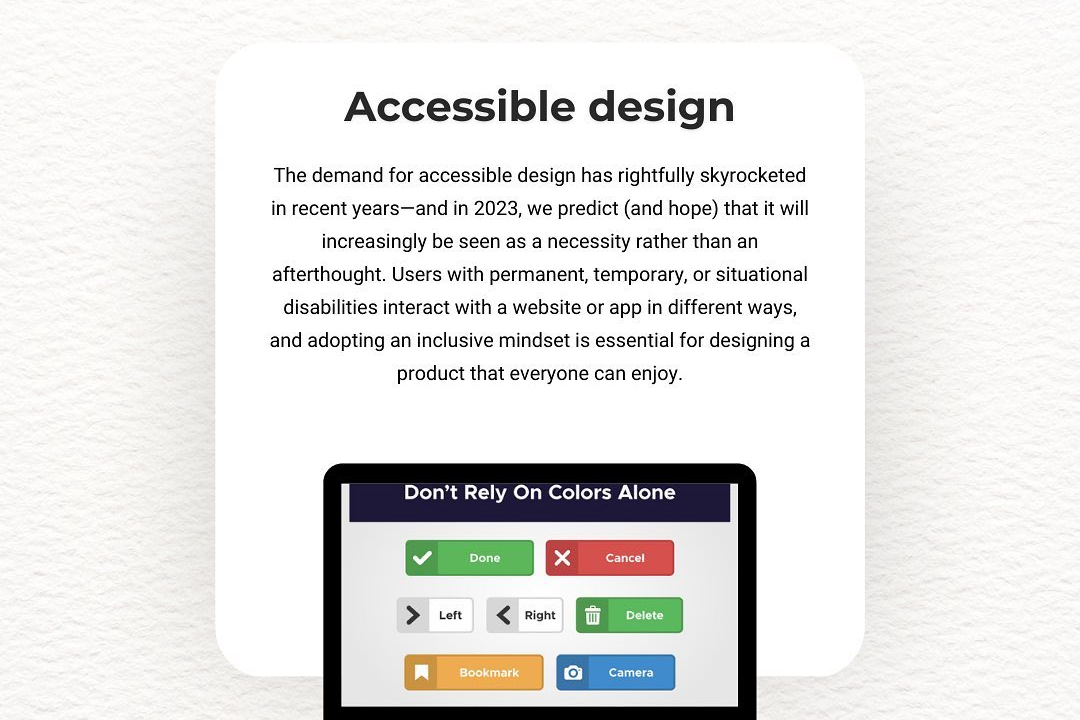Discuss The Scope Of User Defined Function In Php Program
In PHP, the scope of a user-defined function determines the accessibility of variables within that f
Discuss The Scope Of User Defined Function In Php Program
The scope of user-defined functions in PHP is essential for maintaining code organization and preventing variable conflicts. By confining variables within a function to local scope, developers can ensure that these variables are only accessible and modifiable within that specific function, promoting modular programming practices. This isolation allows for easier debugging and enhances readability, as the function’s internals are encapsulated. Additionally, the ability to access global variables through the `global` keyword provides flexibility when needed, but should be used judiciously to avoid unintended side effects. Overall, understanding and effectively managing function scope is crucial for creating robust and maintainable PHP applications.
To Download Our Brochure: https://www.justacademy.co/download-brochure-for-free
Message us for more information: +91 9987184296
The scope of user defined functions in PHP is essential for maintaining code organization and preventing variable conflicts. By confining variables within a function to local scope, developers can ensure that these variables are only accessible and modifiable within that specific function, promoting modular programming practices. This isolation allows for easier debugging and enhances readability, as the function’s internals are encapsulated. Additionally, the ability to access global variables through the `global` keyword provides flexibility when needed, but should be used judiciously to avoid unintended side effects. Overall, understanding and effectively managing function scope is crucial for creating robust and maintainable PHP applications.
Course Overview
The “Scope of User-Defined Functions in PHP” course provides an in-depth exploration of how functions operate within PHP, focusing on the importance of scope and variable management. Participants will learn how to define user-defined functions, understand local and global variable scopes, and the significance of encapsulating functionality to enhance code organization and reusability. The course will cover practical examples and real-time projects, demonstrating how to effectively use user-defined functions to prevent variable conflicts, improve debugging processes, and foster modular programming practices. By the end of the course, learners will possess the skills necessary to leverage user-defined functions in their PHP applications efficiently and confidently.
Course Description
The “Discuss the Scope of User-Defined Functions in PHP Program” course delves into the critical concept of function scope in PHP, enabling participants to comprehend how user-defined functions can enhance code organization and efficiency. Through this course, learners will explore the difference between local and global variables, how to properly manage variable scope within functions, and best practices for defining and calling functions effectively. The curriculum includes practical examples and interactive projects that illustrate how to avoid common pitfalls associated with variable visibility, while demonstrating the power of encapsulation in programming. By the end of the course, participants will be equipped with the knowledge and skills to confidently implement user-defined functions in their PHP projects, leading to cleaner, more maintainable code.
Key Features
1 - Comprehensive Tool Coverage: Provides hands-on training with a range of industry-standard testing tools, including Selenium, JIRA, LoadRunner, and TestRail.
2) Practical Exercises: Features real-world exercises and case studies to apply tools in various testing scenarios.
3) Interactive Learning: Includes interactive sessions with industry experts for personalized feedback and guidance.
4) Detailed Tutorials: Offers extensive tutorials and documentation on tool functionalities and best practices.
5) Advanced Techniques: Covers both fundamental and advanced techniques for using testing tools effectively.
6) Data Visualization: Integrates tools for visualizing test metrics and results, enhancing data interpretation and decision-making.
7) Tool Integration: Teaches how to integrate testing tools into the software development lifecycle for streamlined workflows.
8) Project-Based Learning: Focuses on project-based learning to build practical skills and create a portfolio of completed tasks.
9) Career Support: Provides resources and support for applying learned skills to real-world job scenarios, including resume building and interview preparation.
10) Up-to-Date Content: Ensures that course materials reflect the latest industry standards and tool updates.
Benefits of taking our course
Functional Tools
1 - PHP Development Environment
To effectively explore user defined functions in PHP, a development environment is crucial. Tools like XAMPP or WAMP allow students to set up a local PHP server on their computers. These environments make it easy to test code, debug issues, and understand how user defined functions interact within web applications. Using an IDE (Integrated Development Environment) like PHPStorm or Visual Studio Code can enhance productivity by providing features like syntax highlighting, code completion, and built in debugging tools, making the learning process more efficient.
2) Text Editors
While IDEs are popular, many developers prefer lightweight text editors like Sublime Text or Notepad++. These tools facilitate quick coding and are ideal for students who favor a minimalist interface. They offer customization options and plugins that can help highlight PHP syntax and improve manageability, allowing learners to focus more on understanding user defined functions without being overwhelmed by unnecessary features.
3) Debugging Tools
Debugging is an essential skill when learning about user defined functions. Tools such as Xdebug or built in PHP error reporting features help students identify and fix issues related to function scope easily. With Xdebug, learners can step through their code line by line, inspect variable values, and analyze the call stack, which helps them understand how functions operate in various contexts. This hands on experience significantly enhances their problem solving capabilities.
4) Version Control Systems
Utilizing version control systems like Git is fundamental for modern programming practice. Git allows students to track changes to their code over time, making it easier to experiment with user defined functions without losing previous versions. Through Git, learners can collaborate on projects, implement branching strategies, and ultimately understand best practices in managing changes, which is crucial when working on larger coding projects involving multiple functions.
5) Documentation Tools
Good documentation is key to coding, especially when working with user defined functions. Tools like PHPDocumentor help students generate comprehensive documentation for their code automatically. Proper documentation allows learners to articulate the purpose, inputs, and outputs of functions, making it easier for others (or themselves) to understand the code in the future. Learning to document code alongside developing functions establishes professional practices that aid in project maintenance and collaboration.
6) Frameworks and Libraries
Incorporating PHP frameworks like Laravel or CodeIgniter enhances the learning experience by demonstrating how user defined functions fit into a broader application structure. These frameworks come with built in functions and conventions that can teach students the best practices for structuring code, thereby emphasizing the importance of user defined functions in building scalable and maintainable applications. By using these frameworks, learners can see real world applications of function scope and modular design, further solidifying their understanding.
7) Real Time Collaboration Tools
Utilizing collaboration tools like GitHub or GitLab for shared repositories promotes teamwork while learning about user defined functions. These platforms allow multiple students to contribute to a project, review code, and provide feedback. By working on collaborative coding assignments, learners can observe various approaches to defining and using functions, deepening their understanding and allowing them to apply their knowledge in a practical setting.
8) Unit Testing Frameworks
Incorporating unit testing frameworks such as PHPUnit is critical for students as they begin defining their functions. Unit tests serve as a way to verify that user defined functions work as intended and help identify issues early in the development process. By writing and running tests for their functions, learners can cultivate a habit of writing reliable and maintainable code, which is an essential skill in professional development.
9) Code Quality Tools
Tools like PHP_CodeSniffer and PHPStan help maintain code quality and enforce coding standards. These tools analyze the code and identify potential issues or deviations from best practices, which is especially useful when defining functions. By integrating code quality checks into their workflow, students can learn to write clean, efficient, and readable functions, making them better prepared for real world coding scenarios.
10) Interactive Learning Platforms
Websites like Codecademy, freeCodeCamp, or LeetCode offer interactive coding challenges that reinforce concepts related to user defined functions. These platforms provide immediate feedback and allow students to practice defining and utilizing functions in various scenarios. Engaging with interactive exercises helps solidify their understanding and makes the learning process enjoyable.
11 - Community Forums and Online Courses
Engaging in community forums like Stack Overflow or Reddit’s PHP subreddits allows learners to seek assistance and share experiences related to user defined functions. Additionally, online platforms such as JustAcademy offer structured courses with expert led instruction, providing insights and tips on mastering user defined functions. Learning from experienced instructors and peers enhances comprehension and encourages active participation in the coding community.
12) Project Management Tools
Using project management tools like Trello or Jira can help students track their progress while working on projects involving user defined functions. These platforms allow learners to organize their tasks, prioritize features, and keep track of function implementation, promoting a structured approach to project development. Understanding the correlation between functions and project timelines is vital for developing effective programming skills in a real world environment.
13) Server Side Scripting Exposure
Students should also gain exposure to server side scripting and how it interfaces with user defined functions. Understanding HTTP requests, sessions, and database integration reveals how functions are used in creating dynamic web applications. Tools like Postman can be used to test API endpoints, showcasing the significance of user defined functions in processing requests and returning responses.
14) Mentorship Programs
Participating in mentorship programs where experienced developers guide learners can provide personalized insights into best practices for defining and using functions. Mentorship fosters a supportive learning environment, allowing students to ask questions and seek advice on their coding challenges, particularly regarding how to apply user defined functions effectively within larger projects.
15) Real World Case Studies
Analyzing real world case studies of successful applications can inspire students and illustrate the importance of user defined functions in solving complex problems. Understanding how established companies utilize functions to enhance code efficiency and scalability can motivate learners to apply similar techniques in their projects, bridging the gap between theory and practice.
Integrating these tools, practices, and resources into the learning journey at JustAcademy will empower students to become proficient in using user defined functions and enhance their overall programming skills.
Browse our course links : https://www.justacademy.co/all-courses
To Join our FREE DEMO Session:
This information is sourced from JustAcademy
Contact Info:
Roshan Chaturvedi
Message us on Whatsapp: +91 9987184296
Email id: info@justacademy.co












